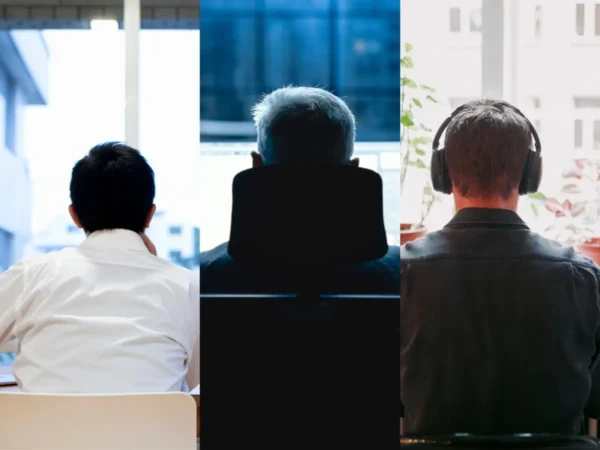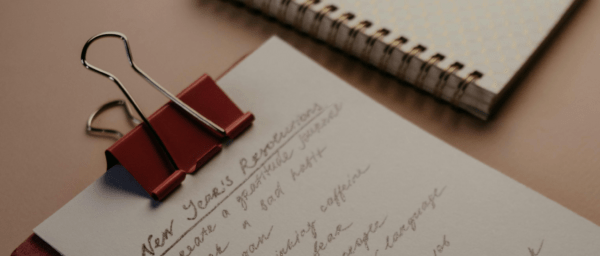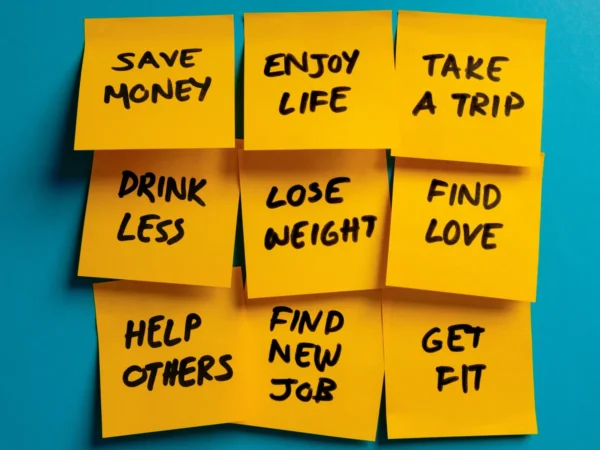
Doing Dry Jan? A Doctor Offers 7 Tips For Giving Up Drinking in the New Year

Attempting dry January can be tough for many, especially those who overindulge over the Christmas period, even though a month off drinking can do wonders for your health, it can be very difficult to avoid the temptation of a quick tipple. Here, we worked with Doctor Clare Morrison of MedExpress to give you her 7 tips for giving up drinking in the new year.
1. Make your intentions known
To make the process of giving up a lot easier, you should tell your friends and family about your plans to give up alcohol for the month and explain why. This way you can share your successes with them and they will understand why you’ve started to turn down drinks or trips to the local pub. Regularly reminding yourself and those close to you that you want to stop drinking will also help keep you on track and could even encourage others to do the same. Equally, having a friend or a few friends to join in dry January with you will also make the process easier, you can enjoy non‑drink related outings together.
2. Avoid temptation
Try to avoid situations where you may be tempted to drink, whether that’s declining drinks at the pub, a night out or avoiding restaurants that do your favourite cocktail. Also try to avoid the times when you would usually drink and fill them with something else, whether that be cinema, bowling or just anything that doesn’t have to include alcohol.
Identifying triggers is also important, especially if you’ve tried to give up in the past ‑ try to understand why you weren’t unsuccessful. Perhaps you succumbed to an evening at the pub, or said to yourself one won’t hurt. Ensuring there is not alcohol readily available at home will also increase success rate.
3. Start gradually
Rather than going cold turkey on new year’s day after a night of heavy drinking, it may be an idea to gradually try and drink less as December comes to a close; this may prove hard for some especially with new year but weaning yourself off early will make the process easier.
Cutting down doesn’t have to be hard, if you drink most nights then you can start by designating a few days a week as alcohol free days in December, this will soon become a habit and the challenge will then be making your whole week alcohol free.
4. Reward progress
It’s important to acknowledge the fact that making these types of sudden lifestyle changes are difficult and for some can be nearly impossible. Dry January isn’t a small feat so ensuring you’re rewarding yourself throughout is really important. If you tend to sit in front of the TV after work with a glass of wine, replace that with something else, perhaps a delicious smoothie or a tasty non‑alcoholic drink. You will soon find you have a lot more money saved from the lack of trips to the pub! Use this to do a spot of clothes shopping and treat yourself to a new work outfit for example. This will make you feel good and keep your mind off the booze.
5. Keep busy
The best way to forget the fact that you are without alcohol is to keep busy, as mentioned earlier, try to find friends who are also doing dry January and make plans with them so there’s no temptation to go to the pub or have a drink at home on a Saturday. There are many things you can do which don’t require alcohol. Perhaps you could also start a fitness class or running to keep your body and mind occupied.
6. Changing your withdrawal symptoms
Quitting drinking suddenly can affect your mind and body in multiple ways, and you may find it rather difficult, especially if you were drinking a lot over the Christmas period. Psychological symptoms can include irritability, poor concentration, feeling tired, shaky and difficult sleeping. Physical symptoms include shaky hands, sweating, nausea, headaches and a lack of appetite. Some severe side effects can include confusion, fever and even hallucinations.
If you experience any of the above in your first week you should ideally speak to a doctor to see if they can prescribe you medication to help with your withdrawal symptoms. However, ways to overcome then naturally are to stay fit and healthy in other aspects of your life, drinking plenty of water, exercising regularly, maintain a healthy diet and keeping busy seeing friends and family which will benefit your mental health.
7. Enjoy the benefits!
Even though at the start it may seem like a long old slog, there are many many benefits to your month long (or even longer) drinking ban, the first being money; you will find you will be saving much more money which you can spend on yourself in other ways. Sign yourself up to a pottery or dance class for example, or invest in some pretty new decor staples. Crucially though, your health will benefit greatly from the break with alcohol, you may notice a number of improvements to the way you look and feel, you might find you have more energy, your sleeping better, and perhaps have even lost a big of weight. In the long‑term you will also be helping to reduce risk of developing alcohol related cancer, liver disease, heart disease and lowering your blood pressure.














































